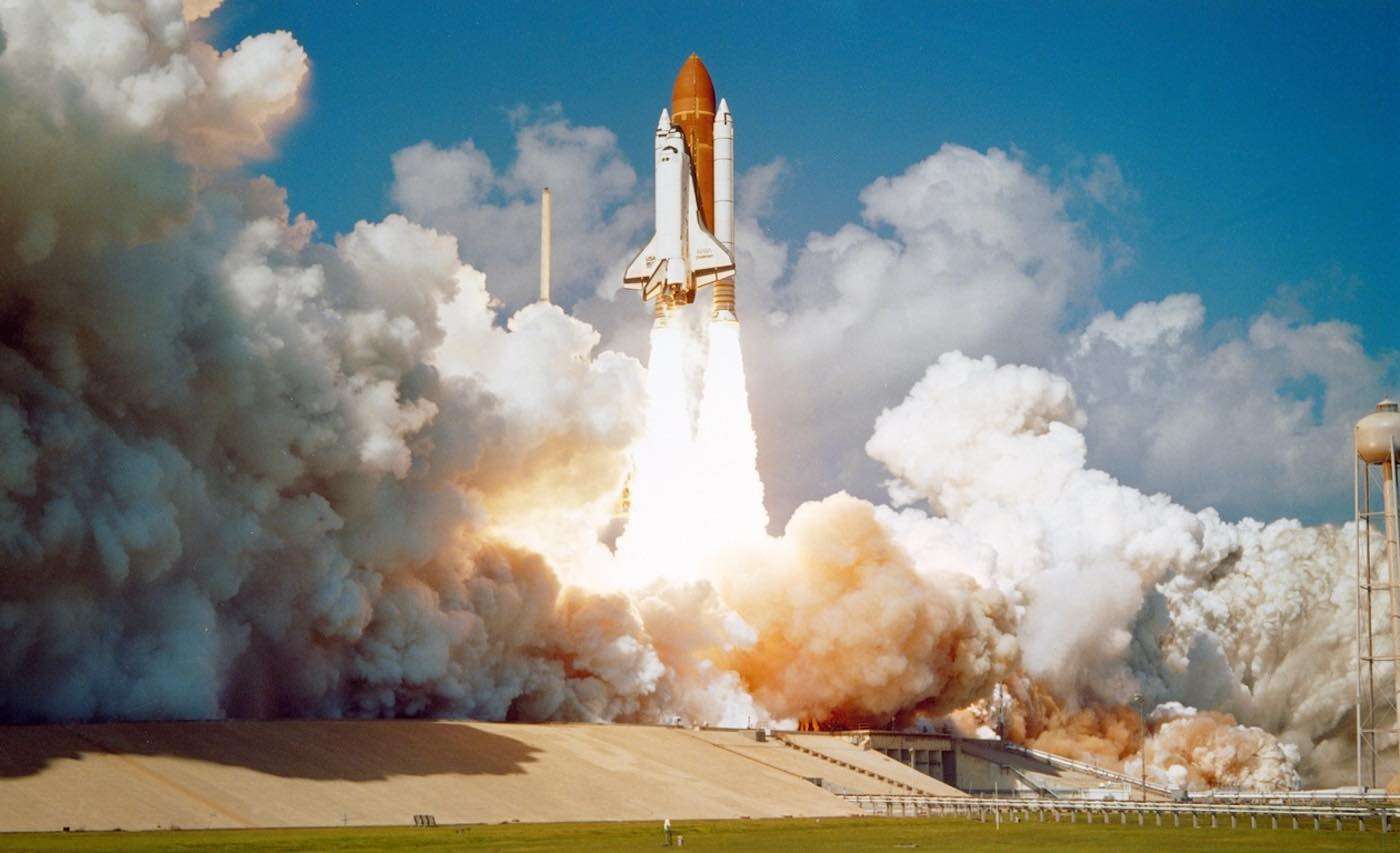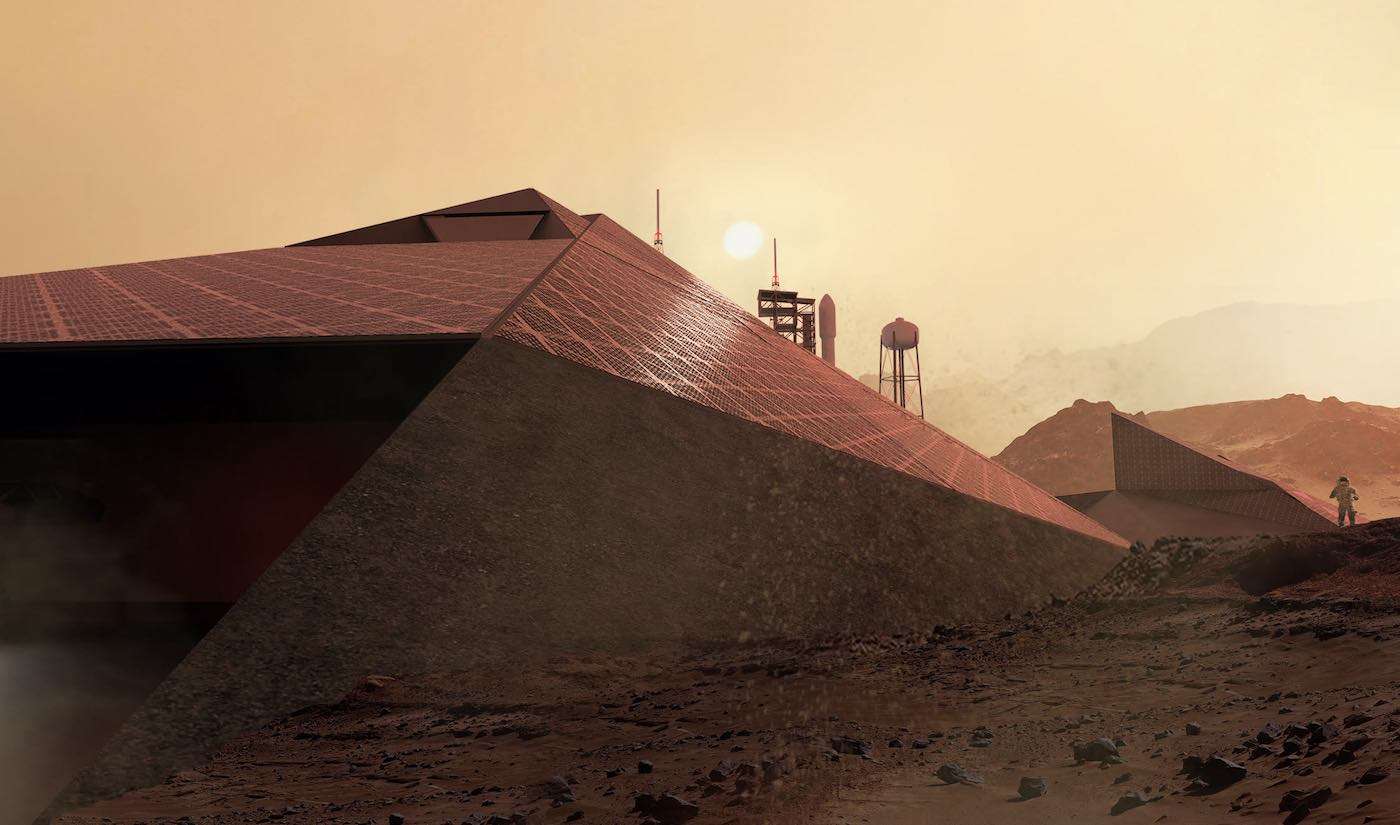Scientists Turn Plastic Waste Into Valuable Commodities, to Create a Bigger Market for Waste Materials
Scientists find simple method for retrieving valuable chemicals from plastic waste using microwaves, so recyclers can make more money

As more and more tech companies and research organizations turn their sights towards space exploration, a Brooklyn-based startup has discovered a way to explore the solar system without polluting the Earth.
The Air Company brand first gained notoriety back in November 2019 when it launched the world's first carbon-negative vodka made of air, water and solar energy.
When the pandemic hit, they quickly pivoted their production facility into creating hand sanitizer—and now, they're applying their groundbreaking carbon conversion technology to help make the space industry more eco-friendly by turning CO2 into rocket fuel.
"We discovered that we can make fuel very efficiently as somewhat of an accident," electrochemist and Air Company co-founder Stafford Sheehan told Fast Company. "We were running our systems at higher temperatures than normal, under some conditions that we don't typically do, and found out that we could very efficiently make these fuel molecules."
Until now, rocket engines have used liquid methane made from natural gas, an unsustainable, non-reusable fossil fuel product. However, organizations like SpaceX and Blue Origin have begun to look for new propellants so they can power their rocket engines for commercial spaceflight and Mars exploration.
That's where Air Company comes in. For every launch, If Air Company's CO2-based rocket fuel formula was used for every launch, they would mitigate 715 tons of CO2 from being emitted into the atmosphere—that's the equivalent of about a dozen flights between New York to Los Angeles on a 747 plane.

The carbon-negative fuel could also be used to mitigate the ecological effects of other forms of transportation, although the group is primarily focused on rocket fuel.
Furthermore, Air Company says that their formula could be used to fuel return flights from Mars since the planet's atmosphere is 95% carbon dioxide.
"The vision of humans inhabiting Mars is moving closer to becoming a reality, and it is imagined that CO2 can help us reach this goal," reads Air Company's website.

"We've proven the viability of our breakthrough technology and are impelled to defy the impossible by igniting innovation across every industry vertical we touch."
Power Up With Positivity By Sharing This Exciting Story With Your Friends On Social Media…
Be the first to comment